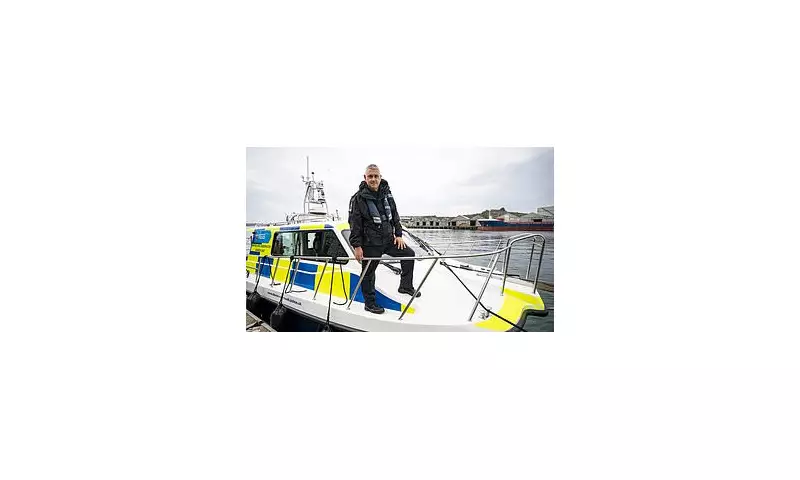
People traffickers are orchestrating a dangerous shift in migration routes, deliberately steering small boats carrying migrants toward the picturesque beaches of the West Country in a calculated bid to bypass strengthened border patrols along the Kent coastline, police have revealed.
Changing Tides in People Smuggling Operations
Law enforcement intelligence indicates that criminal gangs responsible for organising perilous Channel crossings are actively redirecting their operations southwestward. This strategic manoeuvre comes as authorities significantly bolster maritime surveillance and patrol capabilities around Dover and other traditional landing sites in southeast England.
The stunning coastlines of Devon and Cornwall, typically associated with summer holidays and surfing, are now becoming unexpected frontlines in Britain's ongoing small boats crisis. Police sources confirm detecting organised attempts to land migrants on these more remote and less monitored shores.
Dangerous New Routes Emerge
This tactical shift presents even greater dangers to those attempting the crossing. The extended journey to southwestern beaches means migrants must endure longer periods at sea in often unseaworthy vessels, facing stronger currents and more unpredictable weather conditions.
"We're witnessing a clear adaptation by smuggling networks," a senior police official involved in coastal operations stated. "As we strengthen our defences in the Channel's narrowest points, these criminals are seeking softer targets along less protected coastlines."
Police Response and Public Vigilance
Local police forces across the West Country have been placed on high alert, with increased coastal patrols and enhanced surveillance operations. Authorities are urging residents and visitors to remain vigilant and report any suspicious activity along the shoreline immediately.
The National Crime Agency has confirmed working closely with regional police forces to disrupt these new smuggling routes before they become established patterns. "We're targeting the organised crime groups behind these operations, not the vulnerable people they exploit," an NCA spokesperson emphasised.
Broader Implications for Border Security
This geographical shift in smuggling operations represents a significant challenge for UK border security strategies, which have primarily focused resources on the shortest Channel crossing routes. The development suggests trafficking networks are becoming increasingly sophisticated in their efforts to evade detection.
Maritime security experts warn that the vast coastline of southwestern England presents considerable monitoring challenges compared to the more concentrated Kent landing zones. The situation has prompted urgent reassessments of resource allocation and detection capabilities across multiple coastal regions.
As authorities work to counter this emerging threat, the dangerous cat-and-mouse game between people smugglers and border enforcement continues to evolve, with migrant safety remaining a primary concern amid these changing tactics.





